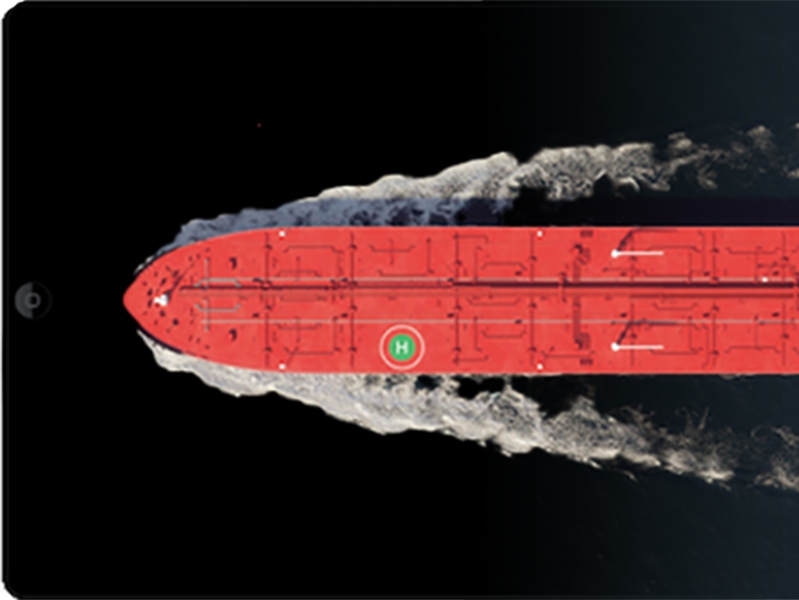
Contemporary Information and Communication Technologies (ICTs) have heralded what many refer to as the Fourth Industrial Revolution, radically altering the ways people live, work, and socialize. Global reliance on ICTs has further accelerated with the restrictions on movement caused by the COVID-19 pandemic. However, the availability and impact of ICTs are not equally distributed between or within countries―a situation starkly illustrated in the Arab Middle East, where economic and technological inequalities are amongst the highest in the world.
This webinar will reveal the current state of inequalities in relation to Kuwait’s digital readiness. Kuwait occupies a privileged position in the region and aims to depend on ICTs for its planned transition from a reliance on hydrocarbon exports toward a high-tech, knowledge-based economy. The project Co-PIs will discuss key findings from Kuwait’s Digital Inequalities Report: 2022 related to ICT access, skills, uses, and outcomes among important communities across Kuwait. The event will be of interest to policymakers, researchers, educators, business leaders, and others concerned with the ever-changing social impacts of today’s digital technologies.
Fahed Al-Sumait is an Assistant Professor of Communication at the Gulf University for Science and Technology in Kuwait. His research focuses on strategic communication, intercultural studies, and digital inequalities with a concentration on Kuwait and the Arabian Peninsula region of the Middle East. He has served as a Fulbright-Hays fellow for his research into contested discourses on Arab democratization, as a post-doctoral research fellow at the National University of Singapore, and as a visiting research fellow at the London School of Economics and Political Science. He holds an MA from the University of New Mexico and a PhD from the University of Washington, both in Communication.
Ellen Helsper is Professor of Socio-Digital Inequalities in the Media and Communications Department at the London School of Economics and Political Science (LSE). Her research interests include the links between social and digital inequalities; digital literacy; vulnerability and discrimination in digital spaces; mediated communication and interpersonal relationships; and methodological innovation in quantitative and qualitative media and communications research. She currently works on the YSkills; From Digital Skills to Tangible Outcomes; Global Kids Online; Connected Communities and Inclusive Growth; Communication crisis: Media Representations of COVID 19 Inequalities and World Internet projects. She has a PhD in Media and Communications from the LSE and an MSc in Media Psychology from Utrecht University. Ellen holds Visiting Scholar positions at research institutes in Asia, Europe, Latin America, the Middle East and the USA. She consults widely for governments, the third and commercial sector on client and citizen (dis)engagement in increasingly digital societies.
Cristina Navarro is an Associate Professor of Communication and Department Chair at the Gulf University for Science and Technology in Kuwait. Her research interests include online public relations, social media communication, professionalism, leadership and public relations competencies, knowledge and skills. Dr. Navarro has worked on projects such as the European Communication Professionals Skills and Innovation Program, the Cross-Cultural Study of Leadership in Public Relations, the European Communication Monitor, and the Latin American Communication Monitor. She holds an PhD from Rey Juan Carlos University and has served as a visiting scholar at Pennsylvania State University, the University of Alabama and the University of Florida.
Nouf Al-Saif is the Research Associate for the DiSTO project in Kuwait, where she is also a Teaching Assistant in the Department of Mass Communication and Media at the Gulf University for Science and Technology. She received her BA degree from the American University of Paris in Global Communications with an emphasis on Integrated Marketing. She also holds an MA degree at the Sorbonne University in Abu Dhabi. Her research focused on the development of the national Halal label in the UAE and how it works to support Dubai as the global Islamic economy capital. She is also the owner and founder of supersoulxxx, a communication agency based in Kuwait.
Courtney Freer is a Visiting Fellow with the LSE Middle East Centre, and Provost’s Postdoctoral Fellow at Emory University in Atlanta, Georgia. Previously, Courtney was an Assistant Professorial Research Fellow at the Middle East Centre. Her work focuses on the domestic politics of the Gulf states, particularly the roles played by Islamism and tribalism. Her book Rentier Islamism: The Influence of the Muslim Brotherhood in Gulf Monarchies, based on her DPhil thesis at the University of Oxford and published by Oxford University Press in 2018, examines the socio-political role played by Muslim Brotherhood groups in Kuwait, Qatar and the United Arab Emirates.
Join the conversation on Twitter using #LSEMiddleEast
From time to time there are changes to event details so we strongly recommend checking back on this listing on the day of the event if you plan to attend.